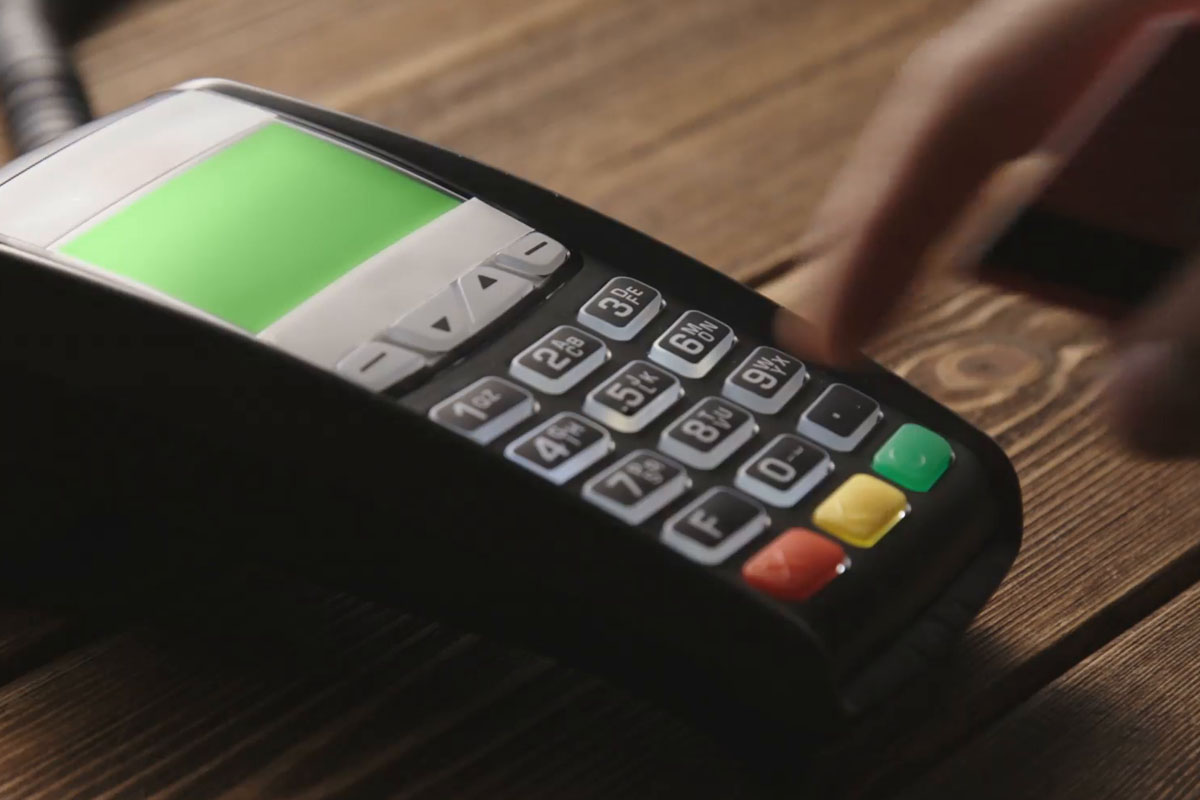How To Create A Cryptocurrency: Everything To Get You Started
How To Create A Cryptocurrency: Everything To Get You Started

While Bitcoin and other transactions have been (accurately) punted as a fast and reliable means of exchange, a common question is often whether Bitcoin transactions are as instant as (or faster than) bank transfers.
The short answer to this question is no. The Bitcoin network is capable of processing a finite number of transactions per ‘block’, which network participants (called miners) will verify. The process of verifying a block and listing transactions on the Bitcoin blockchain can take as long as ten minutes.
While this is inherently faster than the length of time a cross-border transfer may take (which can be under the jurisdiction of numerous authorities, banks, governments, or other regulators) Bitcoin transactions can be slower than bank transfers or conventional payments to a merchant or service provider.
When transacting in Bitcoin, miners receive transaction fees as profits for their labor. Typically, a transacting party may stipulate a higher fee to incentivize miners to verify their transaction ahead of all others.
In the event a participant wishes to cancel a transaction, they can issue a request to the Bitcoin network with a higher transaction fee than their initial exchange – ensuring that miners are incentivized to cancel the transaction before it is processed, verified, and ‘confirmed’.
In such instances, transacting parties may wish to see a transferred allocation of Bitcoin ‘confirmed’ a set number of times.
To exemplify, let’s pretend John wishes to send one Bitcoin to Jane. Once John has issued the transaction, the transaction itself remains ‘unconfirmed’. Once another block has been created and another batch of transactions verified (where John’s transaction is listed), the transaction is said to be confirmed ‘once’.
In a somewhat similar fashion to a team of human auditors verifying transactions or the exchange of funds, new ‘confirmations’ are added after each subsequent block is added to the Bitcoin blockchain.
Typically, most cryptocurrency exchanges require three confirmations before newly received funds can be used – while some investors may even require as much as 60 confirmations before they consider a transaction adequately ‘confirmed’.
Given that new blocks are added roughly every ten minutes, it usually takes an hour to accommodate six confirmations.
Many companies handling Bitcoin wallets or accepting Bitcoin as currency will require more than one confirmation before they will be willing to accept a trade as concluded. This is done so that the likelihood of a payment being reversed is mitigated.
Checking the number of confirmations on a transaction is simple. Once a party makes a transaction in Bitcoin, they are provided with a string of alphanumeric characters called a Transaction ID.
Parties can examine the recorded details of their transactions on a chain analysis tool such as blockchain.info. When doing so, the number of confirmations processed by the Bitcoin network will be visible.
In some cases – or during peak congestion on the Bitcoin network – a transaction can ‘lag’ and may not be processed for more than 72 hours. In some cases, delays make take even longer than that.
Users in this situation have the option of issuing a request to cancel the transaction, or can re-broadcast the same transaction to incentivize a miner to process the exchange more quickly.
‘Scaling’ – expanding the Bitcoin network to handle more transactions, and the requests of more users – is a contentious debate.
Some proponents have argued that Bitcoin requires a “second layer” solution (that is, a transactional network built atop the Bitcoin network) to handle smaller ‘microtransactional’ payments – such as buying a cup of coffee from a barista. Through doing so, Bitcoin transactions may become faster as less stress is placed upon the Bitcoin blockchain.
Other parties have argued that Bitcoin doesn’t require a second layer, and that instead the Bitcoin network needs to be able to handle more transactions per second. Such parties have argued that by increasing the size of blocks, more transactions can be accommodated every ten minutes.
How To Create A Cryptocurrency: Everything To Get You Started
How To Recover Stolen Cryptocurrency | Coin Insider
How Is A Cryptocurrency Exchange Different From A Crypto Wallet
What Is The Main Risk Associated With A Cryptocurrency Hot Wallet?